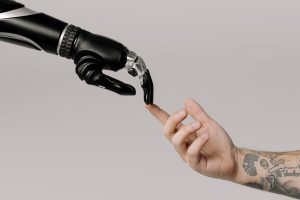My first job, at a multinational bank, began with euphoria but quickly ended due to the absence of clear expectations, effective communication, and gaps in inclusion. A career pivot then led me to my dream role as a sub-editor and features writer at a leading newspaper. I realized that working long hours in the bank left me physically immobile, whereas late nights in the editorial department did not hinder my productivity. Looking back, these early years exposed to me harsh realities like inaccessible buildings, lack of wheelchair-accessible washrooms and cafeterias, rigid work arrangements, and prejudices, despite all my achievements.
A turning point in my career occurred when I joined the corporate world in 2013 where diversity was not just acknowledged but celebrated. The company went above and beyond to support my needs, facilitating travel, and fostering an inclusive environment that allowed me to shine. Today, I find organizations committed to fostering a culture of inclusion where I am able to fulfil my managerial responsibilities without barriers.
Accessibility, both in physical spaces and the digital realm, plays a critical role in the underemployment and unemployment of individuals with disabilities. The rigid processes that work for many employees do not necessarily align with the unique needs of those with disabilities. Instead what should truly matter is the value an employee can bring, the quality of their output, and their positive impact on the team. To facilitate this, one has to look beyond the domain knowledge and workstation access and think of access to information, interaction, social exchanges, and informal communication. Real-life social situations, team bonding, and rapport with colleagues and mentors will truly empower employees with disabilities to respond to challenges, make better decisions, innovate, and grow with the company. In this post-pandemic era, the shift in mindset and rapid adoption of technology has had a particularly positive impact on individuals like me.
By dispelling stigma and promoting understanding, companies that invest in disability awareness and inclusion gain a competitive edge. I remain optimistic that progress towards equal employment opportunities for all is not only possible but inevitable when we prioritize open dialogues on inclusivity, empathy, and the transformative power of technology.









